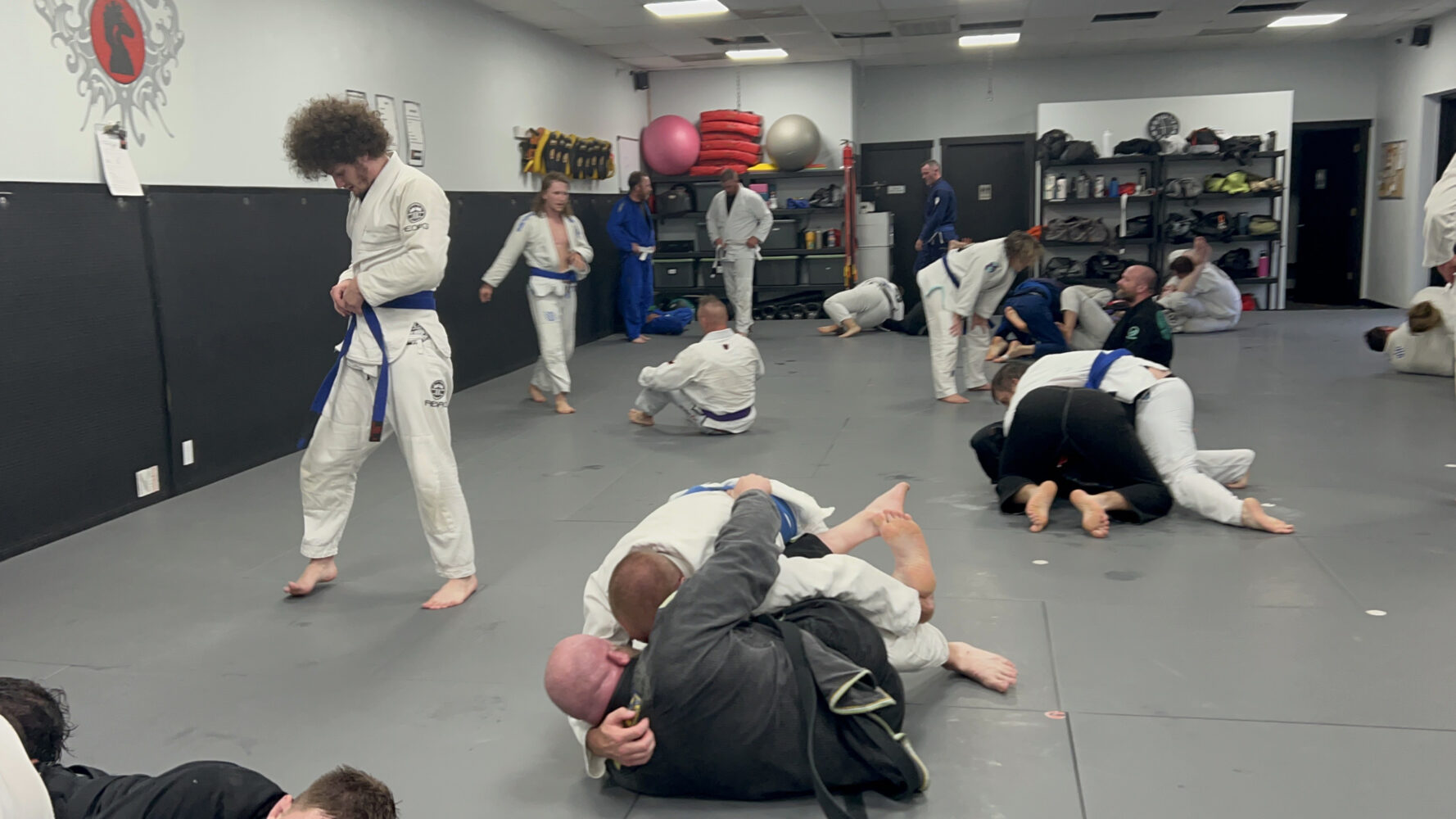Brazilian Jiu-Jitsu Etiquette
Brazilian Jiu-Jitsu Etiquette:
Unwritten Rules Every Practitioner Should Know
Brazilian Jiu-Jitsu (BJJ) is more than just a martial art; it’s a community centered around respect, discipline, and continuous learning. While there are formal rules governing competitions and academies, much of the etiquette in BJJ is unwritten, yet essential for creating a positive training environment. Whether you’re a white belt or a seasoned black belt, understanding and adhering to these usually unwritten rules can significantly enhance your experience and relationships on the mat.
1. Respect the Tap
One of the foundational etiquettes in BJJ is respecting your partner’s tap. Whether it’s during a sparring session aka “rolling” or a technical drill, always release the submission immediately after your partner taps. This ensures safety and builds trust between training partners. You may need to alert your partner that they are in a submission, as they may not recognize it. If they don’t tap let them know that they need to.
2. Maintain Personal Hygiene
BJJ is an intimate sport, often involving close personal contact. Keeping yourself and your gear clean is crucial to maintain hygiene and show respect to your training partners. Ensure your gi is washed after every session, keep nails trimmed, and shower before training if necessary. If you have long hair keep it tied up. If you believe you may have bad breath grab a piece of gum if you don’t have time to brush. Take a shower before class if necessary.
3. Arrive on Time
Punctuality is a sign of respect for your instructor and classmates. Arriving on time ensures you don’t miss important techniques and warm-ups. Make all efforts to arrive at least 10 minutes before class starts. This allows sufficient time to; sign in, change out, use the restroom if needed, say “hi” to your buddy, et al. If you’re running late, join the class quietly and respectfully.
4. Leave Ego at the Door
BJJ is a journey of constant learning and improvement. Approaching each session with humility allows you to learn from mistakes, accept defeat graciously, and cooperate with training partners for mutual benefit. Remember, everyone was a beginner once. “Respect the tap” is important on both sides. If you are caught in a submission, tap. Don’t put your partner in the position where they have to choose between losing the submission or injuring you.
5. Listen and Observe
When an instructor is teaching, listen attentively and avoid unnecessary talking. This not only helps you learn more effectively but also shows respect for the instructor’s effort and knowledge. Observing other practitioners can also provide insights and improve your own game.
6. Choose Your Training Partner Wisely
While it’s beneficial to roll with different partners, consider skill levels and size differences. When sparring with someone smaller or less experienced, focus on technique rather than strength. This helps both partners develop and maintain a safe training environment. You are free to choose to not train with any partner at any time.
7. Be Mindful of Space
On a crowded mat, be aware of your surroundings to avoid accidental collisions. If you notice you’re close to other pairs rolling, carefully reposition to provide space and prevent injuries. It is the responsibility of the lower belt to move out of the way of the upper belt while training.
8. Show Gratitude
Thank your partners after each roll or training session. This gesture fosters a culture of appreciation and respect, making everyone feel valued and recognized for their effort.
9. Respect the Hierarchy
While BJJ is a community where everyone learns from each other, respecting the rank structure is important. Higher belts have typically invested significant time and effort into mastering the art. Acknowledging their guidance and following protocols, like lining up according to rank, helps maintain a respectful atmosphere.
10. Keep the Academy Clean
Beyond personal hygiene, contribute to the cleanliness of the training space. Pick up after yourself, and help to keep the mat and common areas tidy. Help mop after the noon and last evening classes of the day. This reflects pride in your training environment, respect for your fellow practitioners, and humility.
Conclusion
Adhering to BJJ etiquette ensures a respectful, safe, and enjoyable environment for everyone involved. These unwritten rules, rooted in mutual respect and shared passion, help build a strong, supportive community that is the hallmark of Brazilian Jiu-Jitsu. By prioritizing these principles, practitioners not only enhance their own journey but also contribute positively to the experiences of others, reinforcing the bonds that make BJJ such a unique and rewarding martial art.
Published: November 5, 2024
Categories: Brazilian Jiu Jitsu, Health
